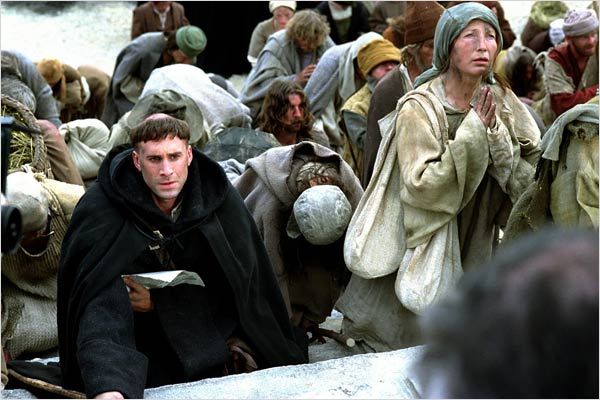The headline seemed like
something out of a comedy movie, “Burglar Leaves Trail of Cheetos.” According
to the ABC News article, here’s what happened.
During the early morning
hours of January 6, 2013, county deputies were called to the Cassatt Country
Store in Cassatt, South Carolina to investigate a burglary. The deputies
determined that someone had broken into the store and stolen beer, cigarettes,
snack foods, and energy drinks. The burglar only stole $160 worth of goods, but
caused about $2,500 in damages. The store manager surveyed the damage, but
noticed that in his haste to escape the intruder punctured two or three bags of
Cheetos. That was the robber’s undoing. When police arrived they followed the
trail of cheesy breadcrumbs less than 1/5 of a mile from the convenient store, right
to the house where the burglar was staying with a friend. As officers approached
the front door of the home, they observed more fresh Cheetos on the front
porch.[1]
I wonder, when the thief
was fingerprinted at the police station did he leave a cheese dust residue? “Be
sure your sin will find you out,” Numbers 32:23 tells us. We may sometimes be
able to hide our sin from the people around us, but nothing is ever “hidden
from God’s sight” (Heb. 4:13). He sees each of our failures, thoughts, and
motivations (1 Sam. 16:7; Luke 12:2-3). Our sin may not be revealed as quickly
as the Cheeto bandit, but our sinful actions will leave a trail. Like the bungling
burglar, we aren’t nearly as clever as we think we are. God will not allow His
children to sin successfully. Our sin may be a secret on earth, but I can
assure you that it’s an open scandal in heaven. Consider the words of the
theologian A.W. Pink:
“How
solemn is this fact: nothing can be concealed from God! Though he be invisible
to us, we are not so to Him. Neither the
darkness of night, nor the closest curtains, nor the deepest dungeons can hide
any sinner from the eyes of God’s omniscience. The trees of the garden were not
enough to conceal Adam and Eve’s guilt. The earth under Achan’s tent could not
hide his stolen gold. Neither could the thick palatial walls protect David from
the piercing gaze and the boney finger of the prophet, “Thou art the man.”[2]
Galatians 6:7 is an
immutable law of the universe, just as sure as gravity, “Do not be deceived God
is not mocked, for what so ever a man sows that which he also reaps.” We ought
not sow wild oats and then pray for crop failure. There is nothing safe about
secret sin. It is folly to think we can mitigate our sin by keeping it secret.
It is double folly to tell ourselves that we are better than others because we
sin in private rather than in public. And it is the very height of folly to
convince ourselves that we can get away with sin by covering it up. “He who
conceals his transgressions will not prosper” (Pro. 28:13).
But here’s the good news
of the Gospel: The sin we cover, God will eventually uncover and the sin we
uncover, God will cover by the atonement of Christ (1 John 1:7, 9). -DM



